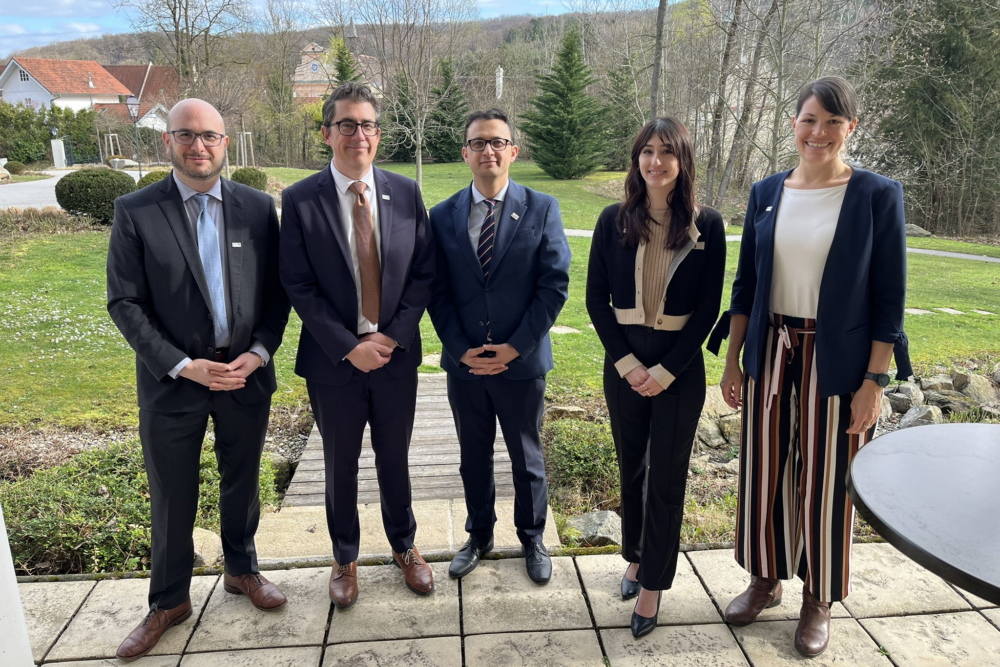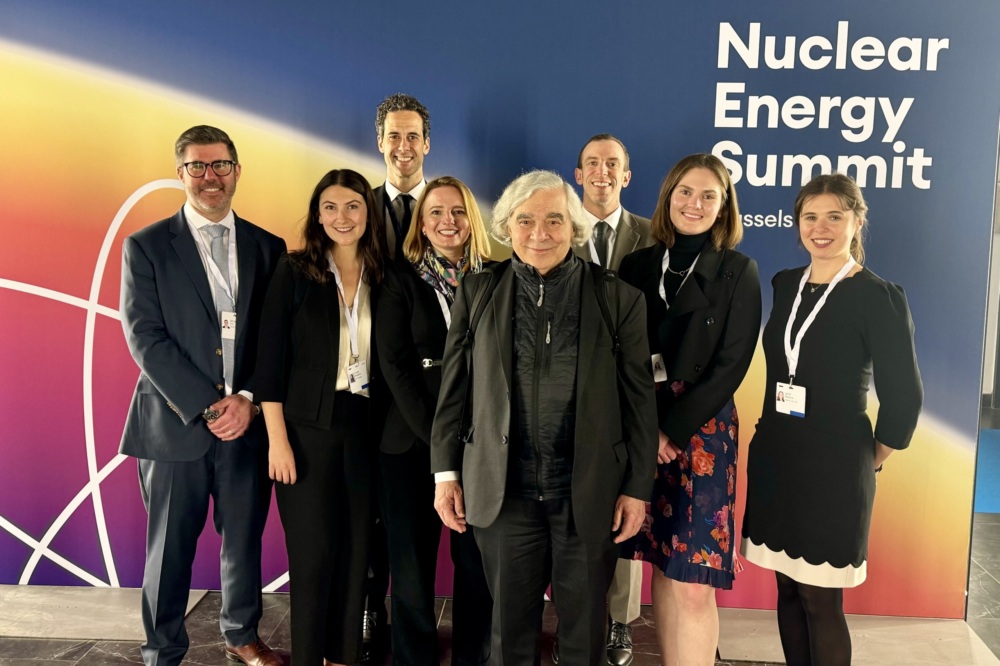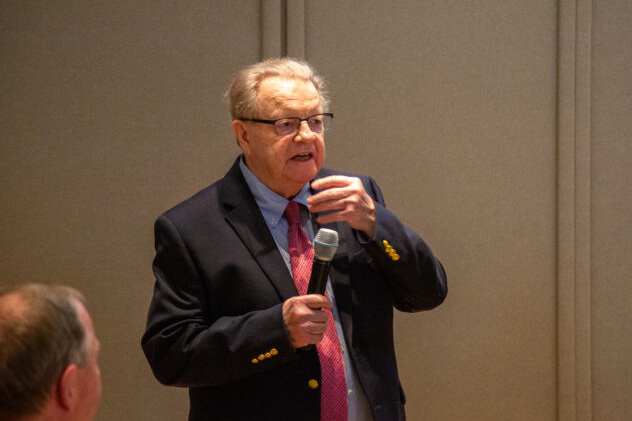
Sam Nunn
Co-Founder and Co-Chair, NTI
Yesterday, the Senate passed the USA Freedom Act, which includes implementing legislation for the U.S. to complete the ratification process for two treaties: the International Convention for the Suppression of Acts of Nuclear Terrorism (ICSANT), which entered into force in 2007 and requires signatories to criminalize the possession, threat of use, or actual use of radiological and nuclear weapons; and an amendment to the 1980s-era Convention on the Physical Protection of Nuclear Material (CPPNM), which has yet to enter into force. The 2005 amendment would require higher standards for securing civilian nuclear materials. The U.S. Senate gave advice and consent to both treaties in 2008.
“The United States achieved an important milestone when President Obama signed the USA Freedom Act, which includes implementing legislation necessary for the United States to ratify two treaties that bolster the legal foundation for global nuclear security: the International Convention for Suppression of Acts of Nuclear Terrorism and the 2005 Amendment to the Convention for Physical Protection of Nuclear Materials (CPPNM). This legislation, supporting treaties negotiated by the George W. Bush Administration, allows the United States to meet a commitment made at the 2010 Nuclear Security Summit and should provide leadership to encourage other countries to follow suit and allow the 2005 Amendment to the CPPNM to enter into force.
“U.S. ratification of these two treaties has been a key recommendation emerging out of the NTI Nuclear Materials Security Index in 2012 and 2014.
“Full implementation of these treaties will strengthen the tools we need to combat nuclear terrorism globally. Today, nearly 2,000 metric tons of weapons-usable nuclear materials remain spread across hundreds of sites around the globe—some of it poorly secured. We know that to get the materials needed to build a bomb, terrorists will not necessarily go where there is the most material; they will go where the material is most vulnerable. We also know that nation-states no longer have a monopoly on the knowledge and ability to build and use nuclear bombs, so the path to a terrorist bomb is not hard to imagine.
“There is a disturbing lack of an effective global system for securing all nuclear materials—a system in which all states would adhere to international standards and best practices, would take reassuring actions to inspire confidence in the security of their materials, and would hold each other accountable for their actions. Yesterday’s actions by Congress and the President move us closer to this much-needed system–and make the United States and the world safer.”
Additional Resources:
Background and timeline on CPPNM
Background and timeline on ICSANT
2014 NTI Nuclear Materials Index
CONTACT:
Cathy Gwin
Nuclear Threat Initiative
[email protected]
202-454-7706 (office)
202-270-5942 (mobile)
Follow NTI on Twitter
Join NTI on Facebook
www.nti.org
Sign up for our newsletter to get the latest on nuclear and biological threats.
During the 17th meeting of the Global Dialogue, participants developed plans to ensure successful outcomes at ICONS and leverage that momentum to reinvigorate nuclear security internationally.
NTI advanced key principles from a recent report that outlines pathways for the responsible, sustainable, and effective development of new nuclear projects and industries in embarking countries.
Organization founded by NTI works to strengthen the physical protection and security of nuclear and radioactive materials and facilities worldwide.


